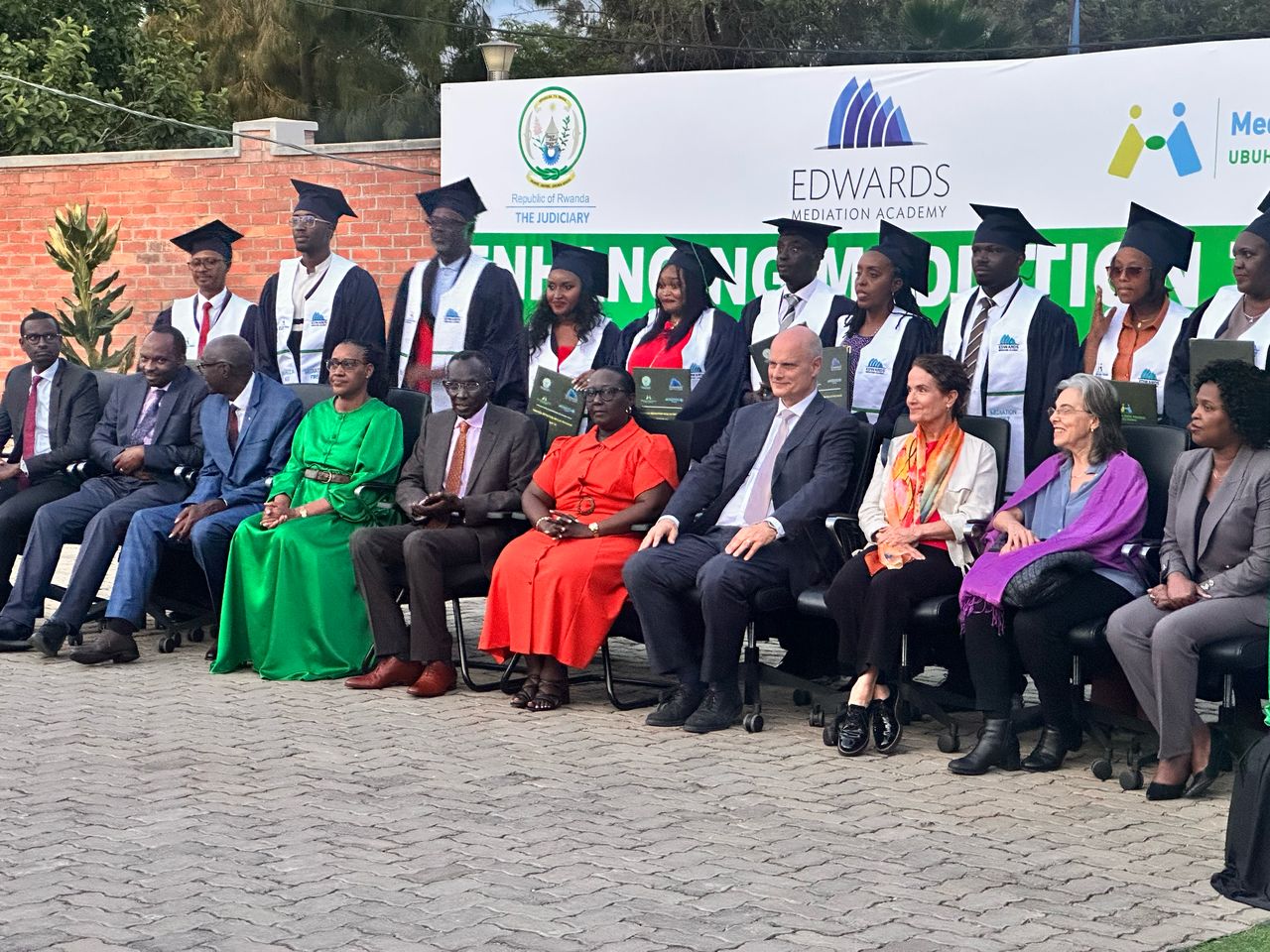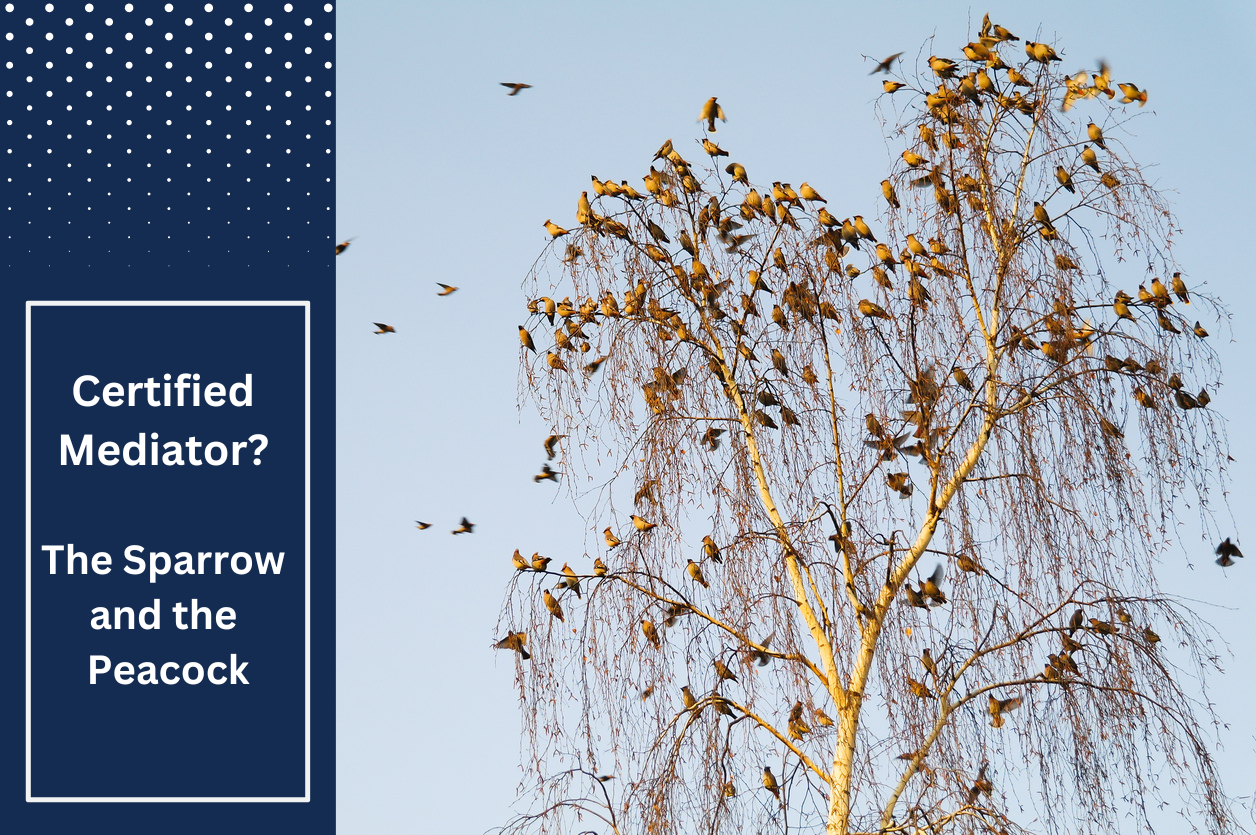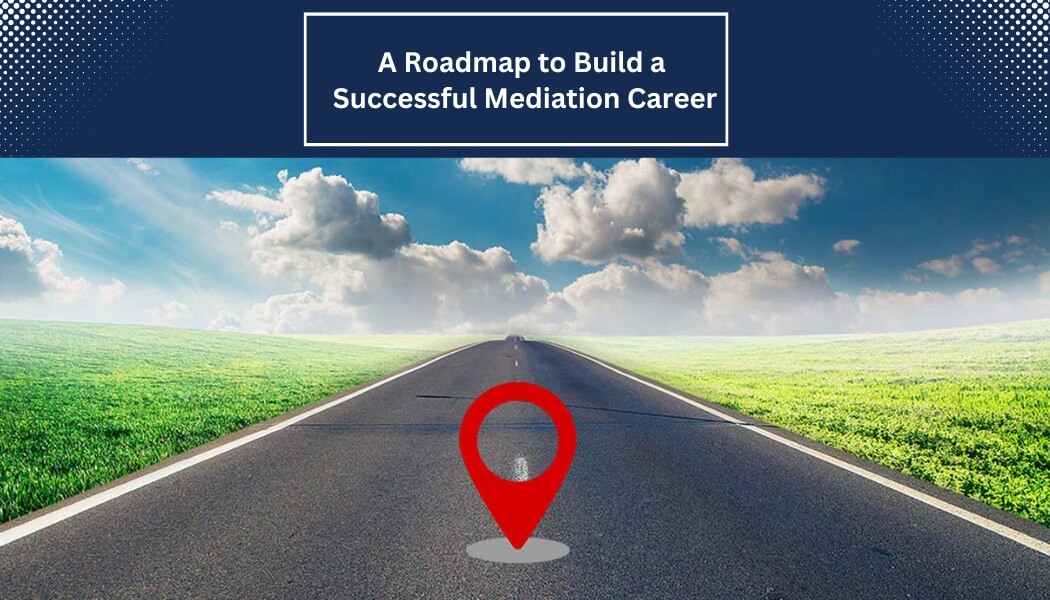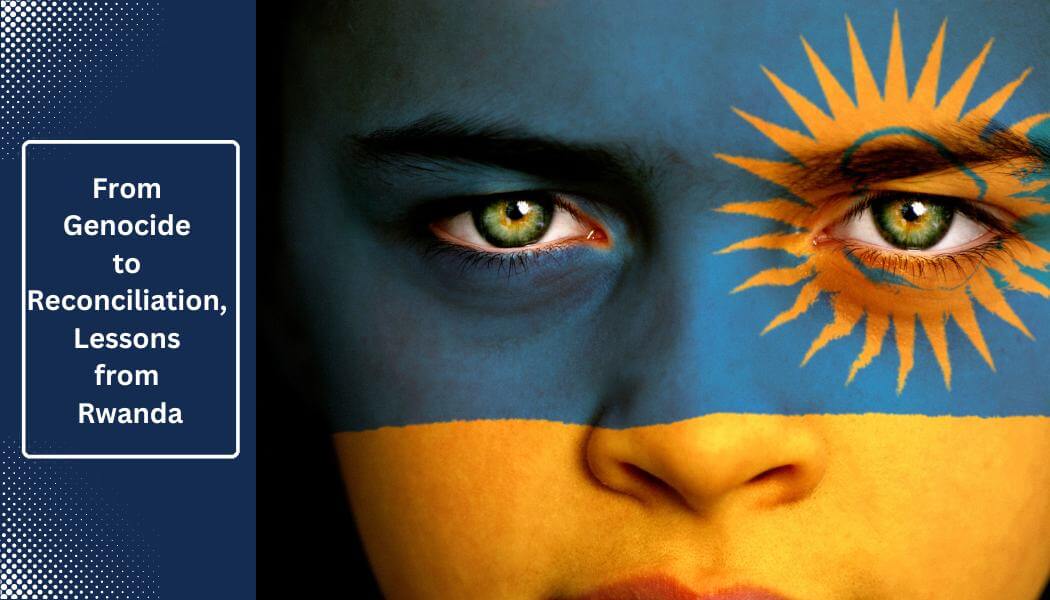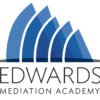I read with interest the recent article written by my friend and colleague Tom Stipanowich, The International Evolution of Mediation: A Call For Dialogue and Deliberation. In his article, Tom does a most credible job identifying divergent mediation perceptions and practices while also promoting the need for “collective reflection, dialogue and discernment” regarding recent trends. Tom places a scholarly lens on specific and divergent approaches to mediation, such as the use of joint sessions, handling confidential communication, and whether to employ evaluative techniques. Finally, Tom touches on the influence of attorneys and the backdrop of unique cultural considerations that influence the mediation discussion.
I wish to support Tom’s call for “collective reflection” by challenging all mediators to look behind the practical manifestations of differences in style and culture to focus on the broader consideration of one’s mental model or philosophical predisposition. Only by understanding the influence of our own unique intervention in others’ disputes can we meaningfully discuss best practices and hope to influence proposed legislation or regulation in the international community.
We must begin by acknowledging the challenges faced by many legal systems throughout the world in providing access to justice. For many countries, dispute resolution alternatives represent a life ring in the middle of a stormy sea, and it’s no wonder that there exists an “evangelical” push toward mediation. My own work as a teacher of mediation skills in different parts of the world has convinced me of the urgency of this need.
The global gravitational pull toward mediation
For example, I recently finished a long day of teaching attorneys and judges in Istanbul, Turkey in what I was told was the largest courthouse in the world. When I walked outside, into the dark evening, I looked back into the building and saw a large file room resembling a small library; case files stacked row-upon-row, floor-to-ceiling. There were literally thousands of files reflecting active cases within the court system! As I continued my walk, the length of several city blocks, I observed that every room on the ground floor of the courthouse revealed the same image; thousands upon thousands of disputes slogging their way through the court system, each one representing a legal stalemate in someone’s life.
As another example, last year in Bangalore, India I helped teach aspiring mediators. One of the students recently wrote me to proudly report that she had helped resolve a construction dispute that had been in the Indian court system for 17 years. She reminded me that this was just one of over thirty million civil disputes in the Indian court system.
Multiply these two anecdotal examples by what is happening in dozens of other countries, crushed under the weight of pending litigation. It’s no wonder that the demand side of the international legal system is creating a gravitational pull toward adopting mediation. This is all the more reason to emphasize Tom’s call for “collective reflection” before engaging in efforts to institutionalize or legislate mediation practices. As a profession, we must avoid at all costs the well intended but misguided “ready, shoot, aim” approach desired by those looking for quick remedies to a broken system. We have already witnessed the backlash to mediation created in Italy by a mandatory mediation law that met the resistance of the legal community.
The need for self-refection
I particularly embrace Tom’s use of the word “reflective” because it highlights the root cause of divergent practices, while offering the opportunity for best practices moving forward. More specifically, before any mediator accepts an invitation to assist others in dispute, and certainly before anyone attempts to regulate a process that is at times more art than science, we must all reflect on the question, “What is the mental model or philosophical bias (yes we all have them) that we bring to the mediation process?” As mediators, do we view our role as purely transactional, meaning that the primary focus of our efforts and ultimately our effectiveness will be measured by a single criterion: Did we get the deal done? Or, do we view our task as transformative, searching for ways to build better communication and repair relationships along the path of finding specific solutions?
In any mediation, how receptive will we be toward welcoming emotions and providing for their authentic role in the dialogue? How committed will we be toward respecting the parties’ ultimate right of self determination, meaning that it’s up to them to decide what outcome meets their unique needs and interests? What role will our own ego play in the many interactions that shape the direction and outcome of the dispute?
How we answer these fundamental questions will have profound implications on the more narrow questions of whether to use a joint session, how to work with confidential information or whether to offer evaluative opinions in mediation. What is most troubling to me as a professional mediator with over 50,000 hours of mediation experience is not the growing evidence of divergent practices, but how little reflection and understanding is behind the choices mediators make. Is the mediation based on a strategic decision reflecting the unique needs of those involved in the dispute? Or, are choices being made to accommodate the convenience of counsel or simply because “That’s how we have always done it.”
Mediation takes forethought and planning
Unlike some mediators, I have no philosophical objection to a particular process design or approach to mediation. The very word “design” implies forethought and planning, not working by default. I have been in situations where I separated the parties for days and eschewed a joint session because I agreed with the abused parishioner that they shouldn’t sit across from the abusive priest unless it is their clear choice to do so. There have been mediations where I responded to a request for a case evaluation by asking reflective questions, while at other times I drew decision trees on the white board.
In other words, I subscribe to the philosophy that the only wrong mediation approach is one not predicated on forethought and purposeful intervention. Self-reflection and understanding allow us to entertain a broad range of best practices, shaped by our individual backgrounds and experience.
If 70% of my mediation partners are retired judges, trained in narrow issue identification and evaluative feedback, then it should come as no surprise which philosophical approach they will likely bring to the mediation table. For example, at our recent national partners retreat, I should not have been completely surprised when one of my retired judge colleagues from the east coast shamelessly admitted that she uses mediators’ proposals in an astounding 95% of her cases.
The challenge, it seems, is to help mediators reflect on why they are developing divergent practices and whether those practices reflect strategic thinking. My aim in teaching mediators has always been to broaden their perspective to a menu of options and then train them to develop a flexible skill set that will allow them to move seamlessly through any process strategically designed to meet the unique needs of the individuals before them.
Collective reflection, focused first on how we view our role as mediators, will establish the necessary groundwork for the broader conversation of how we best support an environment that is receptive to divergent practices and respectful of cultural differences. Only in this way, can we hope to advance the important role of mediation in emerging markets, while ensuring the best practices of mediators.
Edwards Mediation Academy is an online education platform dedicated to improving the skills of mediators around the world. It was co-founded by Bruce A. Edwards and Susan Franson Edwards. All of our courses are engaging—shadow (virtually) as though sitting at the table; interactive—developed by learning professionals with no boring lectures and taught by the leading commercial mediators in the US. At Edwards Mediation Academy, our students learn mediation theory and, more importantly, learn to mediate.

